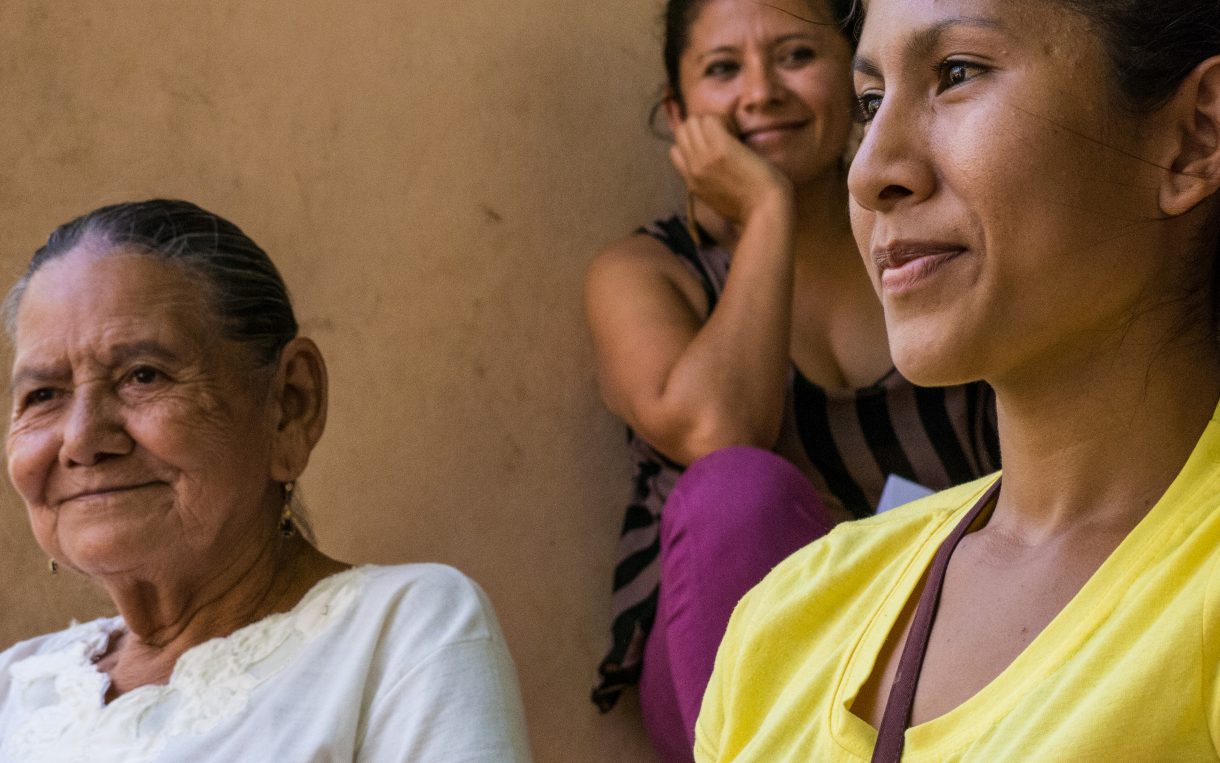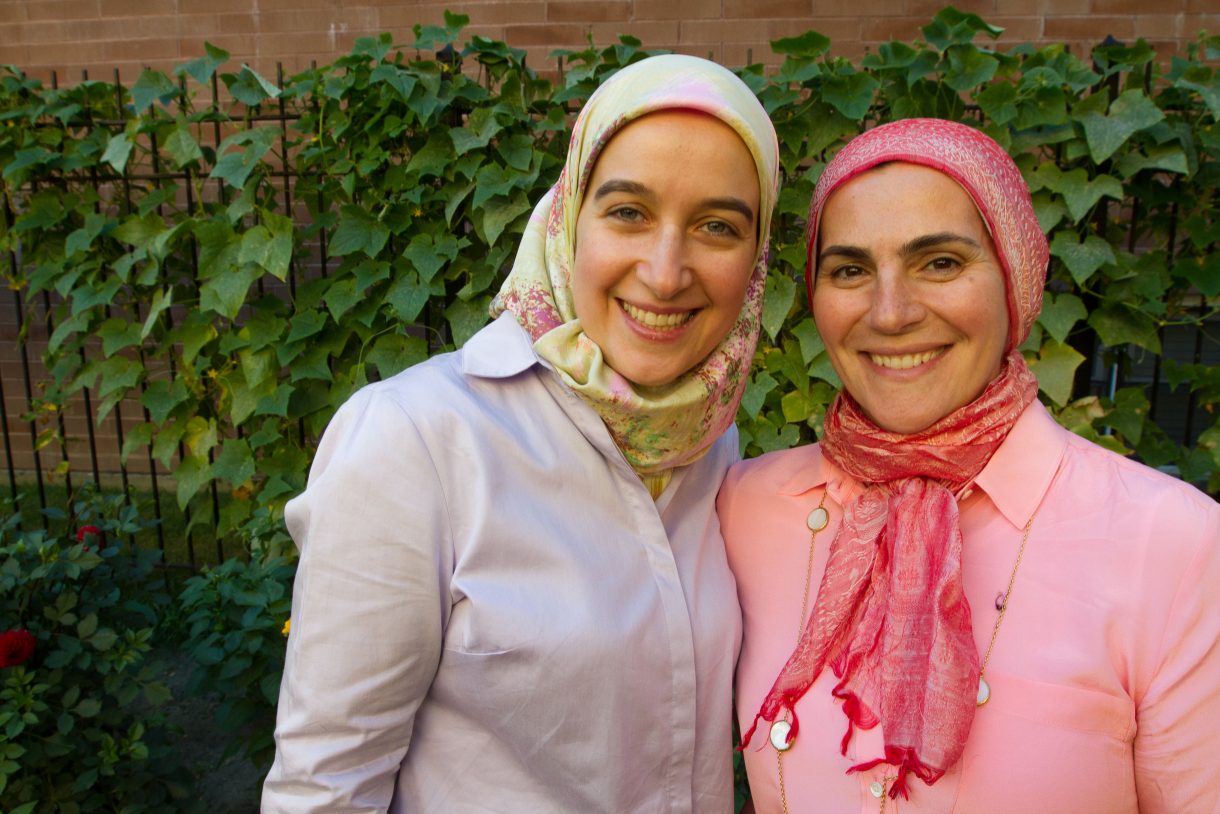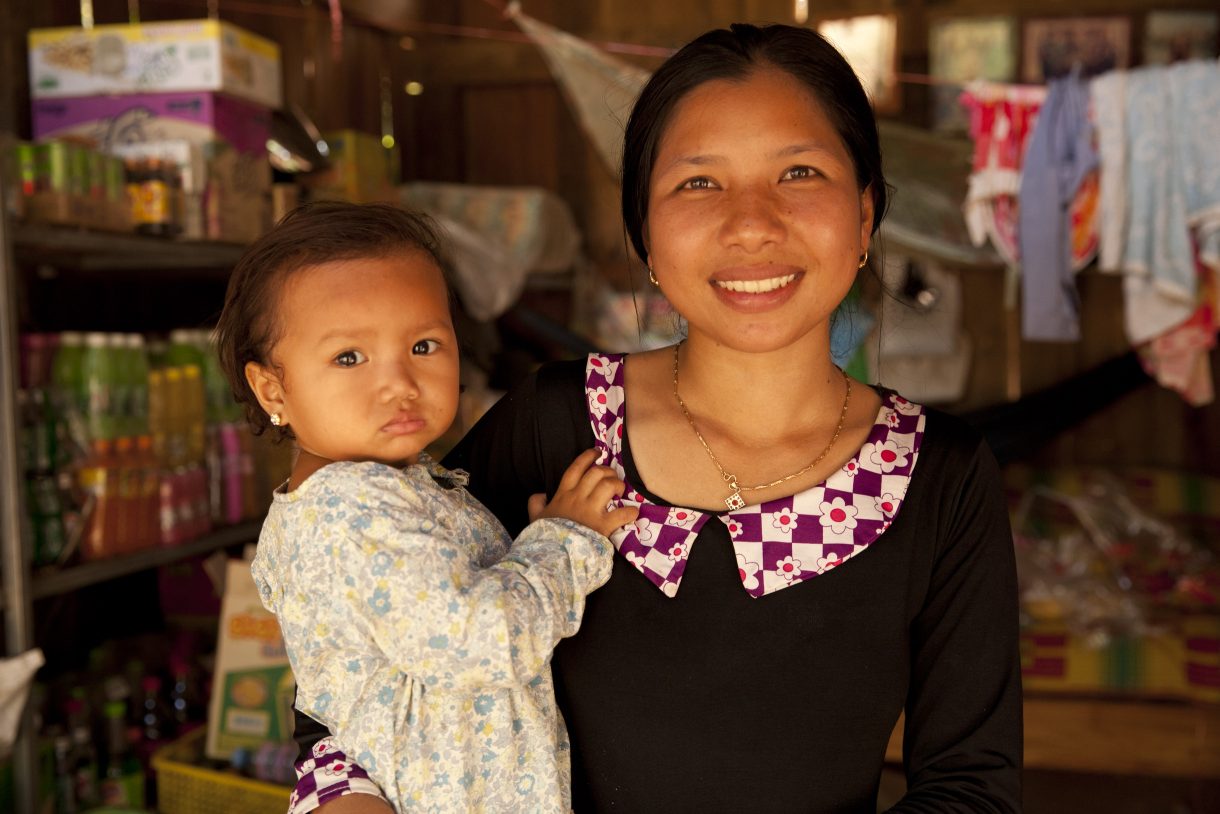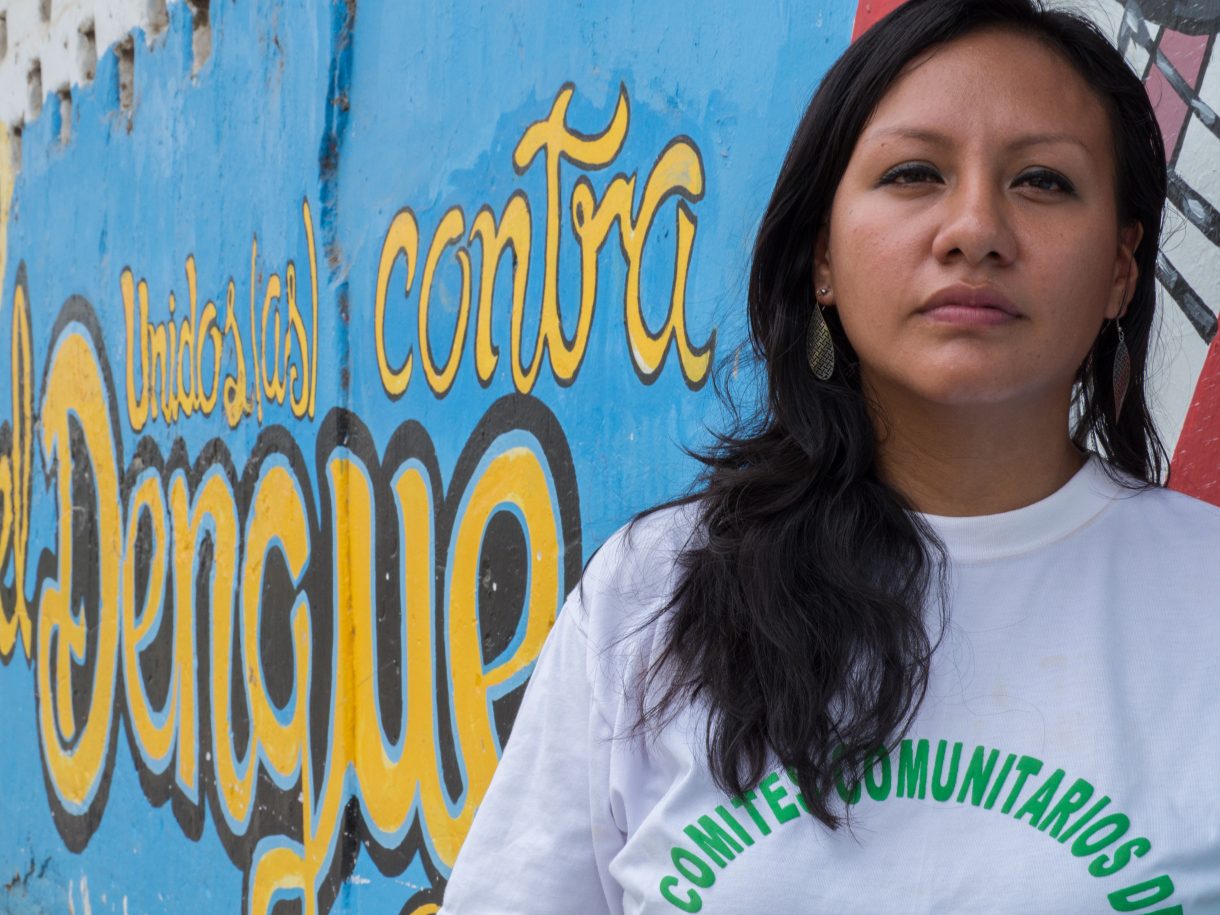4 women leaders who are fighting for change—and who keep me feeling optimistic
 Women in a Saving for Change group are taking action to prevent the spread of mosquito-borne diseases like Zika and dengue. Photo: Elizabeth Stevens / Oxfam
Women in a Saving for Change group are taking action to prevent the spread of mosquito-borne diseases like Zika and dengue. Photo: Elizabeth Stevens / Oxfam
Even amidst dark and gloomy days, I find inspiration in women leading their communities around the world.
Suddenly it’s December. Here in the northeast of the US where I live and work, the late afternoon is so dark it feels like the middle of the night. The sun drags itself over the horizon around 4pm, complaining in vivid orange and purple on a clear day, because it is just too early to go down. The trees are becoming bare, and the world becomes gray and dark on cold cloudy afternoons when the fallen leaves skitter down the road in a biting wind, as if late for an appointment.
It’s still a beautiful time of the year here in New England, despite the short days and cold. In the cities the holiday lights are coming out, and it’s cheery. The lights signal that the end of the year is coming, when we all start to think back over the previous year and ahead to the next.
I’m pondering the work we do at Oxfam and our prospects given the changing political situation here, particularly concerning our work with those not at the top of the political/economic heap: I’m talking about immigrants, refugees, indigenous people, low-wage workers. And women.
Why do women earn less than men, why do men beat them, deny them their rights to equal treatment in the law, and assume they cannot do what men can? These injustices result in terrible suffering and poverty.
So what can we do?
Women who are leading the struggle can show us: Here are some stories of inspiring women leading the fight for their rights and those of others, to make a decent living, to a life of dignity, to safety.
Suzanne Akhras Sahloul

From my colleague Coco McCabe, a story about an energetic Syrian immigrant who is taking the art of the warm welcome to a whole new level. Suzanne Akhras Sahloul, she writes, “is the founder and executive director of Chicago’s Syrian Community Network, or SCN, which is helping families from war-ravaged Syria find their footing, settle into new homes and jobs, and begin to build—from scratch—lives as rich and full and accomplished as those they left behind. In January, 2015, SCN helped its first family, and since then it has worked with more than 90 others in the Chicago area as they strive to make their way in a new country. ‘We want to resettle people with dignity,’ says Sahloul, simply.”
This must be an incredibly difficult time to be doing this work, so you have to appreciate those who have dedicated their lives to providing these kinds of services.
“Zahia Hassan”
Check out this video of Zahia Hassan (not her real name); she was displaced from her home in Saadiya, Iraq by ISIS. When her home was eventually liberated, this single mother came back to a burned out house – but she set about cleaning up the mess and rebuilding her dressmaking business. As a single mother, she can’t give up because her son depends on her. “I have a lot of confidence in myself,” she says in the video. “I depend on myself to work and live.”
Right now, thousands of people displaced by the battle in Mosul are also trying to find ways to pick their lives back up and start over. I am thinking about all of them, and hoping Oxfam can find the resources to provide at least some of the help they need.
Plen Soben

Earlier this year I met with a young woman who is building a business to support her family in a rural area of Cambodia still recovering from conflicts in the 20th century. The small town where she lives is dotted with land mines, and although they are being slowly cleared away there is still danger: A mine detonated a month before our visit, and destroyed a car. But Plen Soben (Soben means “dream” in the Khmer language) has built a store that sells noodle soup, drinks, clothing, food, and other items you might find in a village general store. She is financing her business with loans from a Saving for Change group she joined. When other young people asked her about joining the loan group, she realized there were enough people interested that she actually formed an entirely new group of savers.
Soben is only 25, but she is leading youth in her village to become savers, and entrepreneurs, through the saving group. “They learn from each other,” she says. “They are less likely to become gangsters or drug addicts, or just spend all their money without saving anything.”
Cathrin Roque

Here’s a great story by my colleague Elizabeth Stevens, it’s about a town in northern Peru that had suffered through outbreaks of dengue fever, a horrible disease carried by mosquitos. One of our partners in Peru, which helps people living in at-risk communities organize civil defense committees to reduce the risk of flooding and emergencies like disease outbreaks, stepped in to help a town called Batán Grande. Soon, women were leading the charge against dengue. An organizer named Cathrin Roque realized that 100 students at one school had come down with dengue. When she visited the school she could see why: The school yard was littered with garbage, and a good place for breeding mosquitos. When she pointed it out to the school administrator, “’He said, ‘Who do you think you are to teach me?’ …”
Turning for support to parents and the municipality, committee members helped the school eliminate mosquito breeding areas, and the number of dengue cases there dropped to zero. Women like Roque, armed with special training, have played an important role in their towns, and are determined to stand up and be heard when they have important suggestions for improving the community. And the men are learning to respect their knowledge!
Training and expertise
The theme I see in these stories is that when women get a little training and encouragement, and develop expertise, they can become great leaders. They can lead their own family, or entire communities and organizations. This is what gives me hope: No matter who is in charge, we can still find the right people, and get them the information and tools they need to defend their own rights and improve their community. When I meet these leaders, they never tell me they are discouraged. So if they refuse to give up, neither should I. I am asking you right now to join me in supporting women leaders. It will make a real difference for them (and might help you feel a bit less gloomy too).
Your tax-deductible contribution will help Oxfam take action to get women leaders the resources and training they need to fight the injustice of poverty.